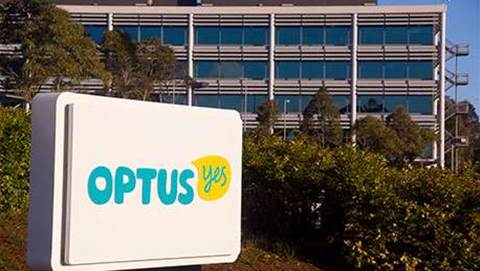Swinburne University of Technology has partnered with Microsoft to pilot the software giant’s employability program which aims to produce job-ready talent for technical roles in high demand.

The initiative specifically seeks to address current and projected workforce shortages in AI, cybersecurity, data science and computer science.
Swinburne’s participation in the pilot will contribute to the development of Microsoft’s online employability platform which helps students find career paths and potential skills that match their interests and aptitude while also guiding them towards skills employers are increasingly looking for.
Swinburne deputy vice-chancellor (Academic) professor Duncan Bentley told iTnews that in addition to the online component, the university is also exploring the possibility of lectures or workshops as part of a co-design process with Microsoft.
“We envisage that once developed the program will include a suite of opportunities and support for students and careers staff to improve employability, with links into the curriculum and co-curricula options,” Bentley said.
“This initial stage is a co-design process that includes students, industry, academic teaching staff, and careers and support staff to design optimal and effective programs.”
The university has already partnered with Microsoft subsidiary LinkedIn to build the Centre for the New Workforce to help students and business adjust to the growing role of digital technologies in different parts of the economy.
It’s also teamed up with a number of large tech firms including Siemens, Wipro, and DXC Technologies to boost the prospects of its students and expose them to the realities of the workforce before they graduate.
“With growing global shortages of experts in digital technologies, new ways to meet upcoming workforce needs are required,” Bentley said.
He added that graduates need to be prepared, not just for the future of work, but for lifelong learning and upskilling.
“Graduates need new skill sets to participate in future work, and individuals need to retrain, upskill and maintain skills through a process of lifelong learning that is adaptable and responds to industry needs. Skills shortages have negative impacts on businesses and the students of today will do jobs that don’t yet exist.
“By fostering industry connections and embedding industry experience in students’ study, Swinburne is uniquely placed to contribute to workforce transformation and ensure that students are prepared to fulfil their professional purpose.”
The co-design pilot will be conducted over the next “couple of months,” Bentley said, and will be open to both undergrad and postgrad domestic and international students.


_(23).jpg&h=140&w=231&c=1&s=0)


_(20).jpg&h=140&w=231&c=1&s=0)




_(26).jpg&w=100&c=1&s=0)
 iTnews Executive Retreat - Security Leaders Edition
iTnews Executive Retreat - Security Leaders Edition












_(1).jpg&h=140&w=231&c=1&s=0)



